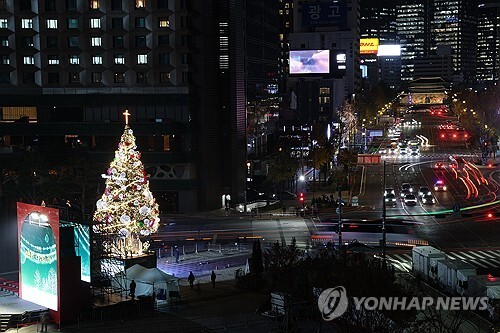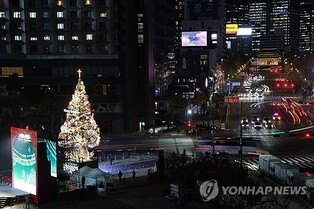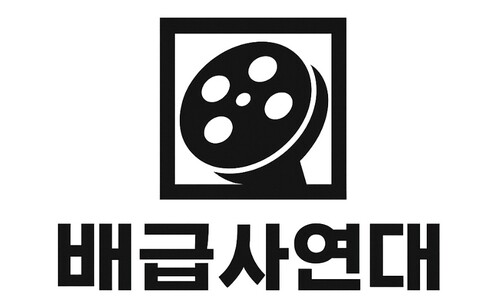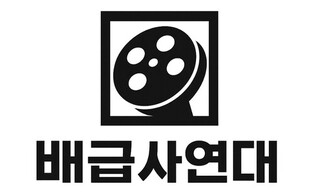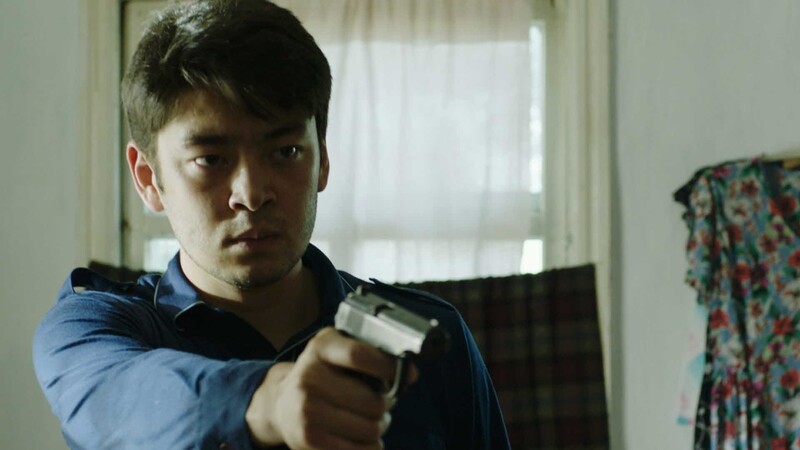 |
| ▲ This photo, provided by filmdabin, shows a scene from the movie "Three." (PHOTO NOT FOR SALE) (Yonhap) |
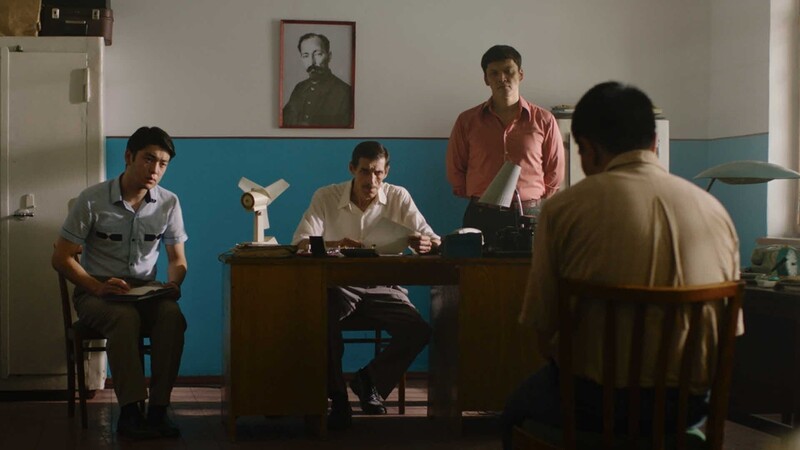 |
| ▲ This photo, provided by filmdabin, shows a scene from the movie "Three." (PHOTO NOT FOR SALE) (Yonhap) |
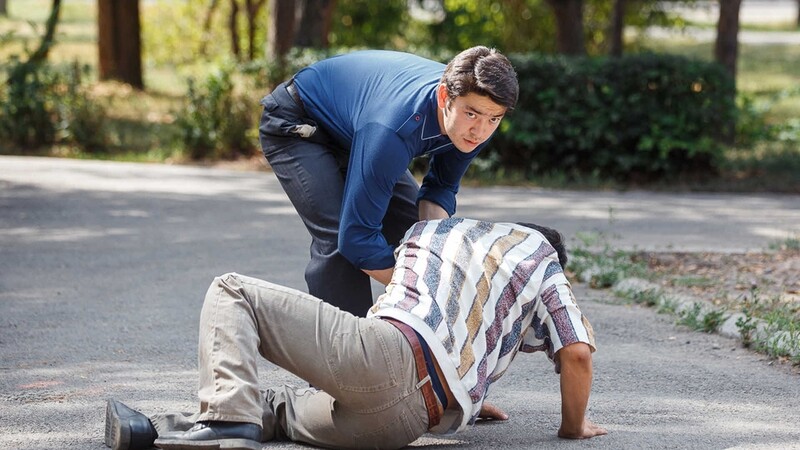 |
| ▲ This photo, provided by filmdabin, shows a scene from the movie "Three." (PHOTO NOT FOR SALE) (Yonhap) |
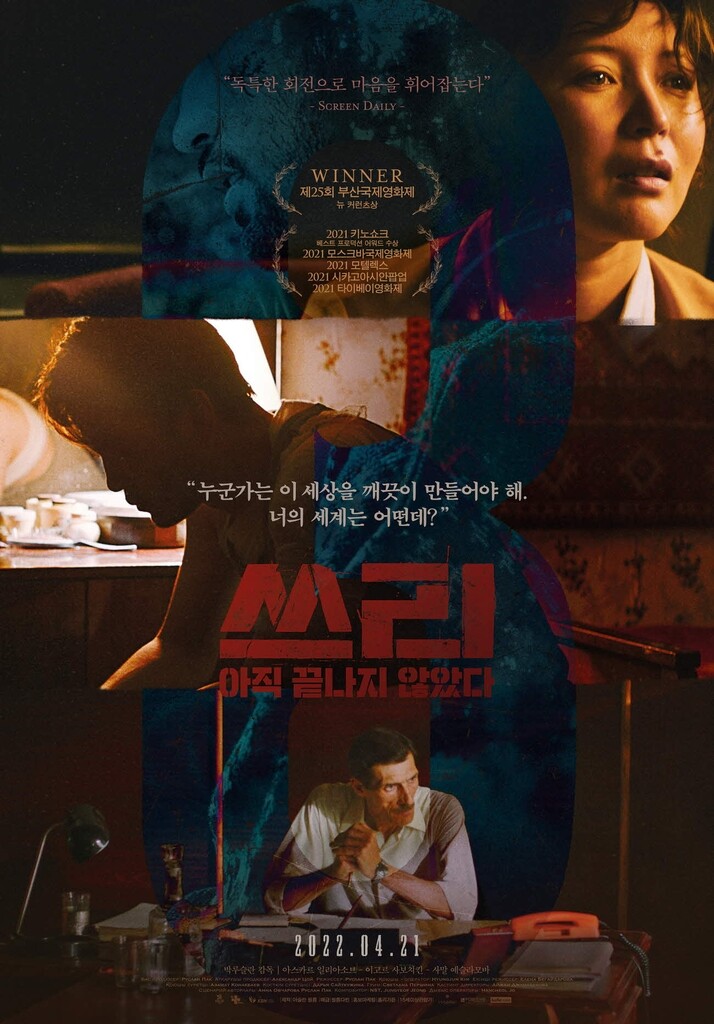 |
| ▲ This photo, provided by filmdabin, shows the poster for "Three." (PHOTO NOT FOR SALE) (Yonhap) |
SEOUL, Apr. 13 (Yonhap) -- Pretend that the South Korean government stepped in and buried the cases of brutal murderers like Yoo Young-chul (murdered 20 people across Seoul from 2003 to 2004 and said after being caught that he would have killed a hundred more if he had not be caught) and Lee Choon-jae (murdered his sister-in-law in 1994 and later confessed to killing 14 other women and young girls, including 10 people in the Hwaseong serial murders between 1986 and 1991).
Imagine that the detectives who investigated these cases were fired to silence the cases, and the murderer went to a mental hospital instead of a death sentence or prison. What would the bereaved family and the citizens feel?
It is hard to imagine something like this would actually happen, but in fact, it did in Kazakhstan during the Soviet Union in the late 1970s. The serial killings in which eight people were killed were buried by the government of Kazakhstan as they were conscious of the international opinions ahead of the 1980 Summer Olympics held in Moscow.
Ruslan Pak, the fourth generation of Koryo-saram, or the Soviet Koreans in territory of the former Soviet Union, deals with this case that had not been properly recorded for 40 years through the movie "Three."
Born in Uzbekistan, the former Soviet Union, he recalled the story of a serial killer he heard as a child, then wrote the screenplay by covering the detective who caught the criminal. This is the first work in ten years since "Hanaan," which was nominated for the Golden Leopard- Filmmakers of the Present in the Locarno International Film Festival.
"I still remember my teacher telling us to go back home early" director Pak said in a recent press conference about the background of the reason on why he chose to make the movie. "After hearing that the murderer was still alive, I felt a swirl of emotion that I had never felt before."
The film follows the eyes of Sher Sadikhov (Aksar IIyasov), who starts an internship with the police department under the competent Soviet investigator Snegirev (Igor Savochkin). Before Sher even becomes familiar with his work, he takes on a serial murder case that killed women and mutilated their bodies.
The serial killer also approaches Sher's older sister, Dina (Samal Yeslyamova) who effectively raised him following their parents' premature passing. Although Sher and Dina manages to avert the crisis, when Dina goes missing, his fear and guilt reaches the breaking point.
In the end, the culprit, who was unable to stop, commits murder in front of the neighbors allowing the detectives to catch him. However, instead of feeling relieved for catching the serial killer, the government expels the detectives involved in the case to cover it up. A colleague of Sher then tries to encourage himself saying, "There can be no serial killers in the great Soviet Union."
It begins with the curiosity of who the culprit might be and is shifted to Dina's whereabouts. While it makes one curious about the reasons for the serial killings, it ends with the question, "Why is the government trying to hide this case so desperately?." Although some might feel that the movie is not very detailed, it is worth evaluating the point that it consistently arouses the curiosity of the audience until the end.
Earlier at the 25th Busan International Film Festival, it also became the first film directed by a Koryo-saram to receive the New Currents Award along with many favorable reviews.
Although the background of the movie is taken place in Kazakhstan and is also shot with actors who are Russian or Kazakhs, the reason why it is also called a Korean film is because the main production staffs were Korean. The movie was released in Kazakhstan first last month.
"There has not been a case where the whole movie was shot in Kazakhstan and was released locally. I think it's a perfect joint film" director Pak said. "Although there might be people who like it and dislike it, I believe it got a good response with people who don't really visit the cinema going to see it."
Director Pak, who came to South Korea last year, came to Korea for language training in 2000 and six years later, studied in Korea National University of Arts, School Of Film, TV & Multimedia to study movies.
"I saw a new world" said Director Pak, talking about the time when he first came to Korea. "Seeing young people choose different jobs and lead different lives, I started dreaming of becoming a film director."
Releasing on the 21st with a running time of 101 minutes, it is suitable for those over 15.
(END)
(C) Yonhap News Agency. All Rights Reserved


















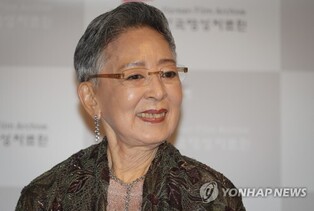

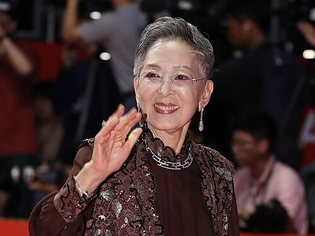
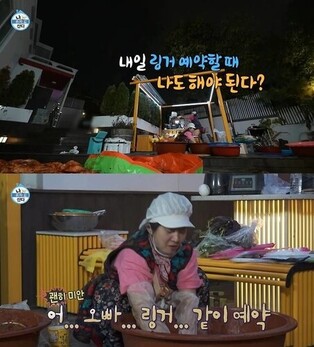
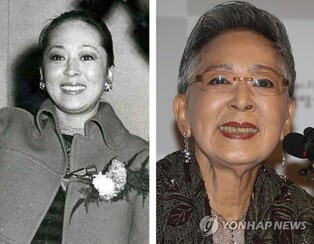

![[가요소식] 지코, 요아소비 이쿠라와 신곡](/news/data/20251212/yna1065624915953509_920_h2.jpg)
